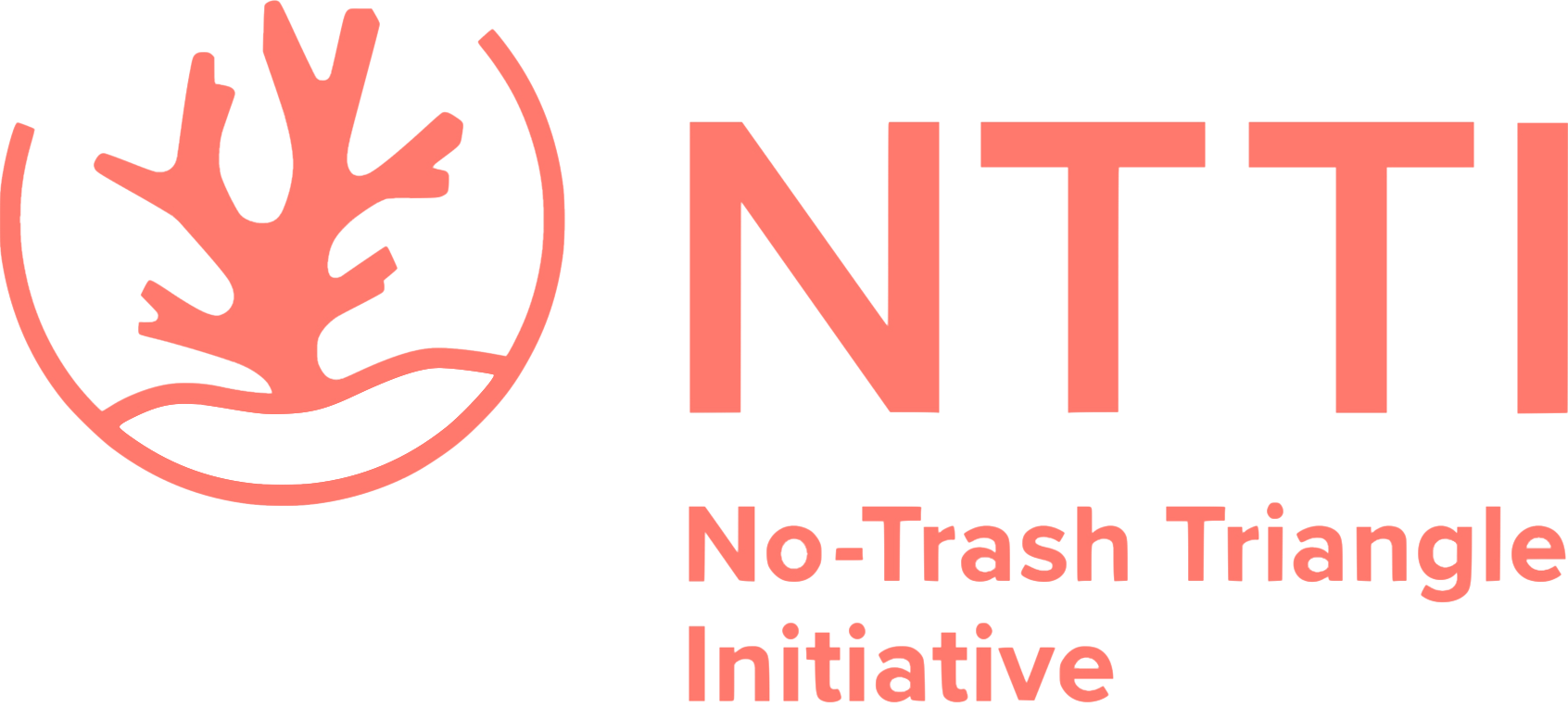Stopping the flow of plastic waste
Rivers play a huge role in the ocean plastic problem with 80% of the plastic in our seas coming from 1,000 rivers across the planet.* Indonesia is the 5th largest marine plastic waste contributor in the world!** Lots of this waste enters the ocean via rivers, in particular waterways that flow through cities and towns. About 59%*** of Indonesia’s rivers have been found to be polluted in some way. Bits of plastic often get stuck on rocks or trees on the riverbanks or even on the bottom of the river. The constant flow of water then breaks it down into microplastics which can cause problems for the fish and animals (and sometimes humans) that end up eating them.
There are multiple rivers which flow through North Sulawesi, collecting trash as they go. Whether it’s carried via smaller rivers or intentionally dumped, these rivers carry lots of plastic waste straight into Bunaken National Marine Park. The waters surrounding Manado are filled with some of the most diverse ocean life on the planet - Sulawesi sits in the heart of the Coral Triangle. All this plastic waste is damaging this fragile environment - fish are being poisoned and corals are being suffocated.
As an Initiative, we were founded to protect this incredible ecosystem - developing an innovative waste collection and recycling model which aims to stop plastic pollution at its source so that it never enters our rivers or oceans. By creating a circular economic model, we’ve created local jobs, dramatically reduced the amount of plastic entering the ocean or being sent to landfill and led education programmes to inspire the next generation of changemakers! Working with CV Daur Sinar Gemilang (DSG), we’ve set up a logistics network that allows us to make sure that the waste we’re collecting is properly treated and tracked. Together, we’ve been taking care of waste collected at sea, on local beaches and from island resorts across the region and we are now turning our attention to river waste.
In Manado, the Dinas Lingkungan Hidup (DLH) have been installing and managing river barriers at the mouths of the city’s biggest rivers for more than five years. These barriers prevent tonnes of plastic entering the ocean and damaging the surrounding ecosystem. Up until now, they’ve had no option but to collect this waste and send it to the local dump. We saw the opportunity to make the river barriers even more impactful by doing something positive with the collected waste.
And so, one of our founding members, Amelia Tungka, a prominent businesswoman in Manado, reached out to Andrei Angouw, Manado City’s mayor and Ms Lieke Kembuan, Head of the Waste Management Division of the Manado City Environmental Service). She offered to collect and sort the waste, whilst tapping into our recycling network to maximise the value of the recyclable materials.
On September 22nd 2022, Amelia made an agreement with the mayor and began a pilot project. The team has been collecting waste from the river barriers every day for a month. During this pilot phase, we collected three tonnes of waste, sorting and processing the majority for recycling. With No-Trash Triangle’s help, the river barriers are now, not only preventing tonnes of waste from entering the ocean but also preventing it from entering the landfill! The plastic that’s collected is sent for recycling or co-processing, the value of which we invest back into the Initiative to help scale our model across North Sulawesi, increasing our positive environmental impact even further! We are also tracking the waste collected to help further understand the role rivers play in ocean pollution.
Based on the success of this pilot project, the mayor has now asked us to take care of waste collected from the Malalayang Beach area. We look forward to continuing our work with the local government on waste management initiatives, conserving the incredible ecosystem surrounding Manado city and beyond.
River barrier images by: Nurul Rizky Latief & Andi Eich
Sources:
*Chassignet, E.P. et al, 2021, Tracking Marine Litter With a Global Ocean Model: Where Does It Go? Where Does It Come From?, Sec. Marine Pollution
**Saraswati, A.W., 2022, Ever Flowing: How Indonesia’s River Debris Ends Up in the Ocean, https://greeneration.org/en/publication/green-info/ever-flowing-how-indonesias-river-debris-ends-up-in-the-ocean/



